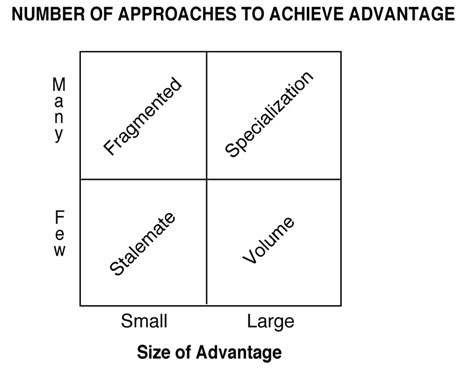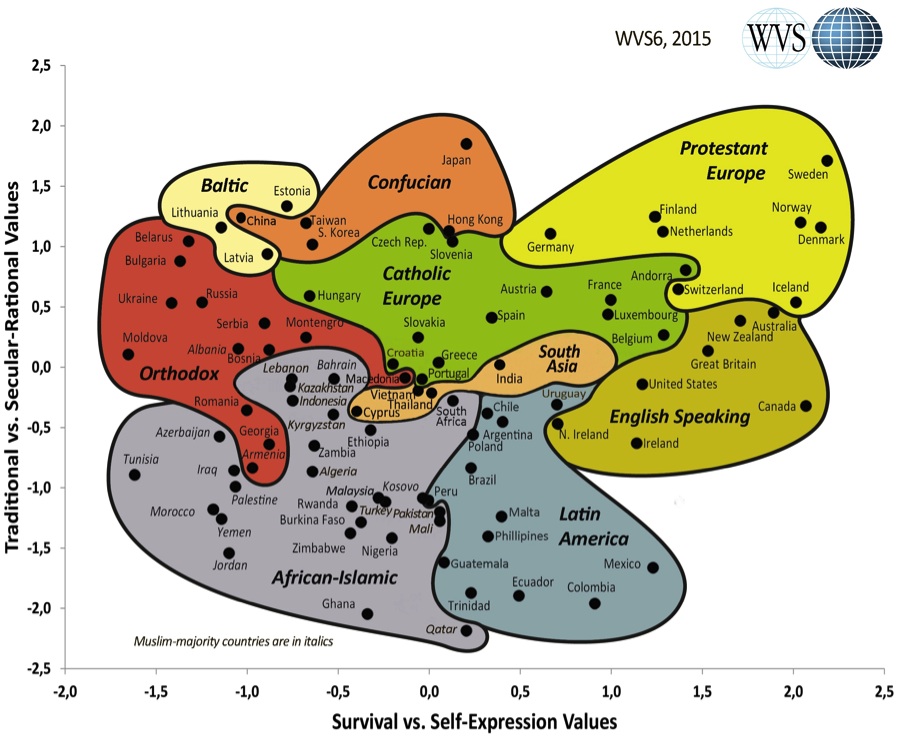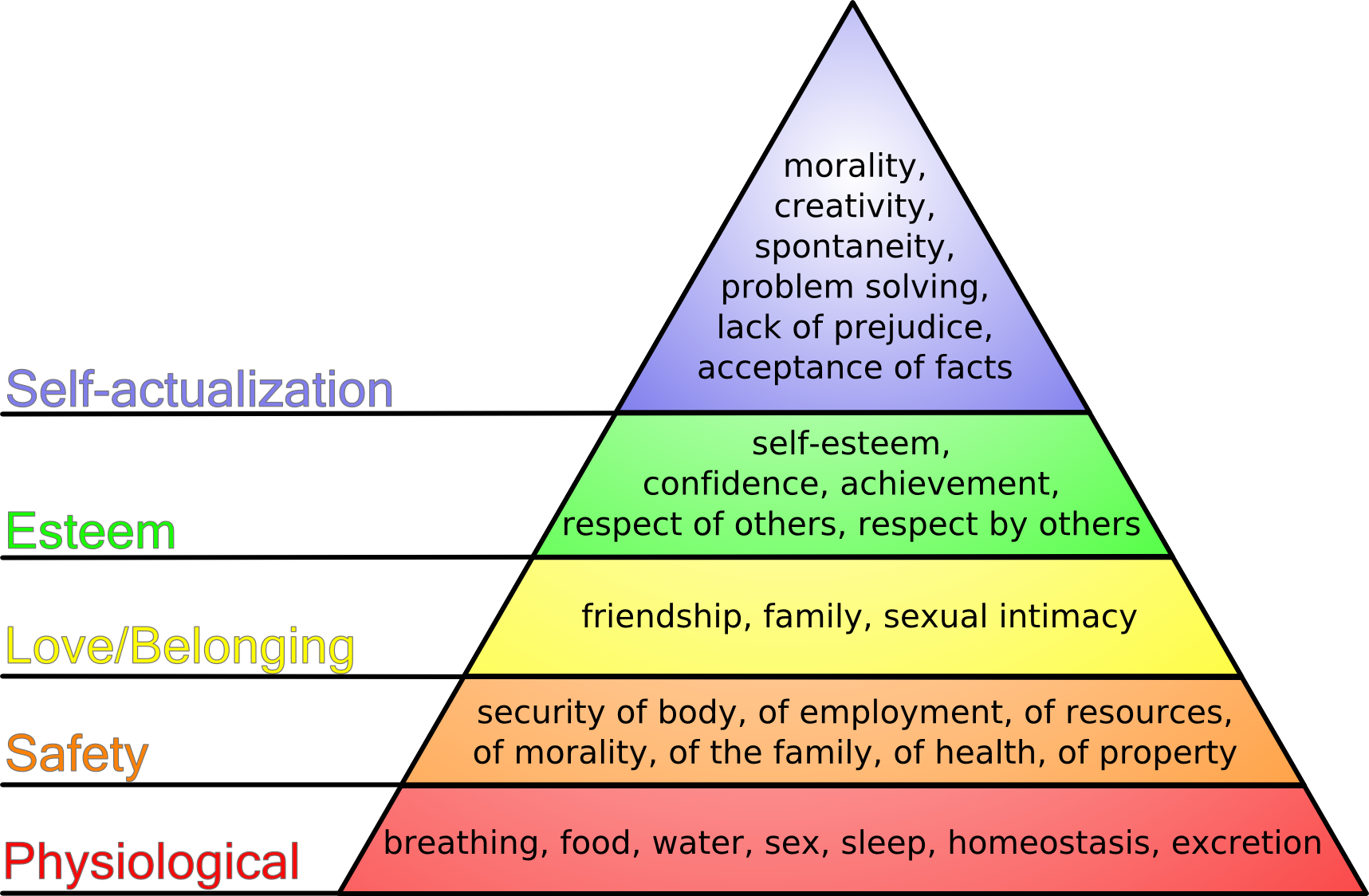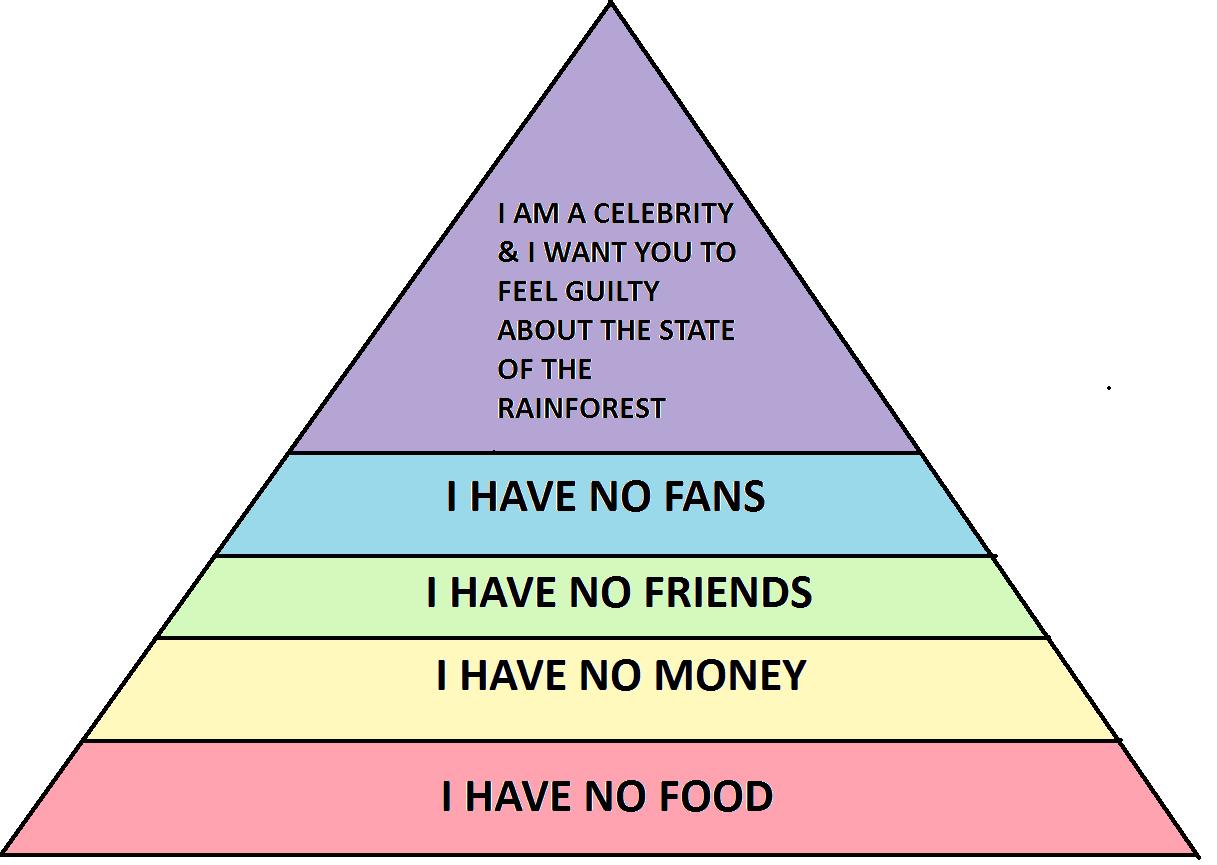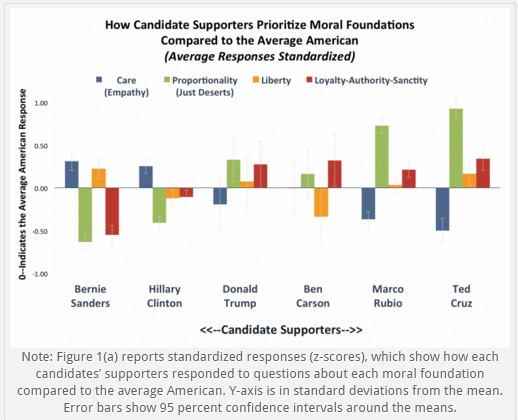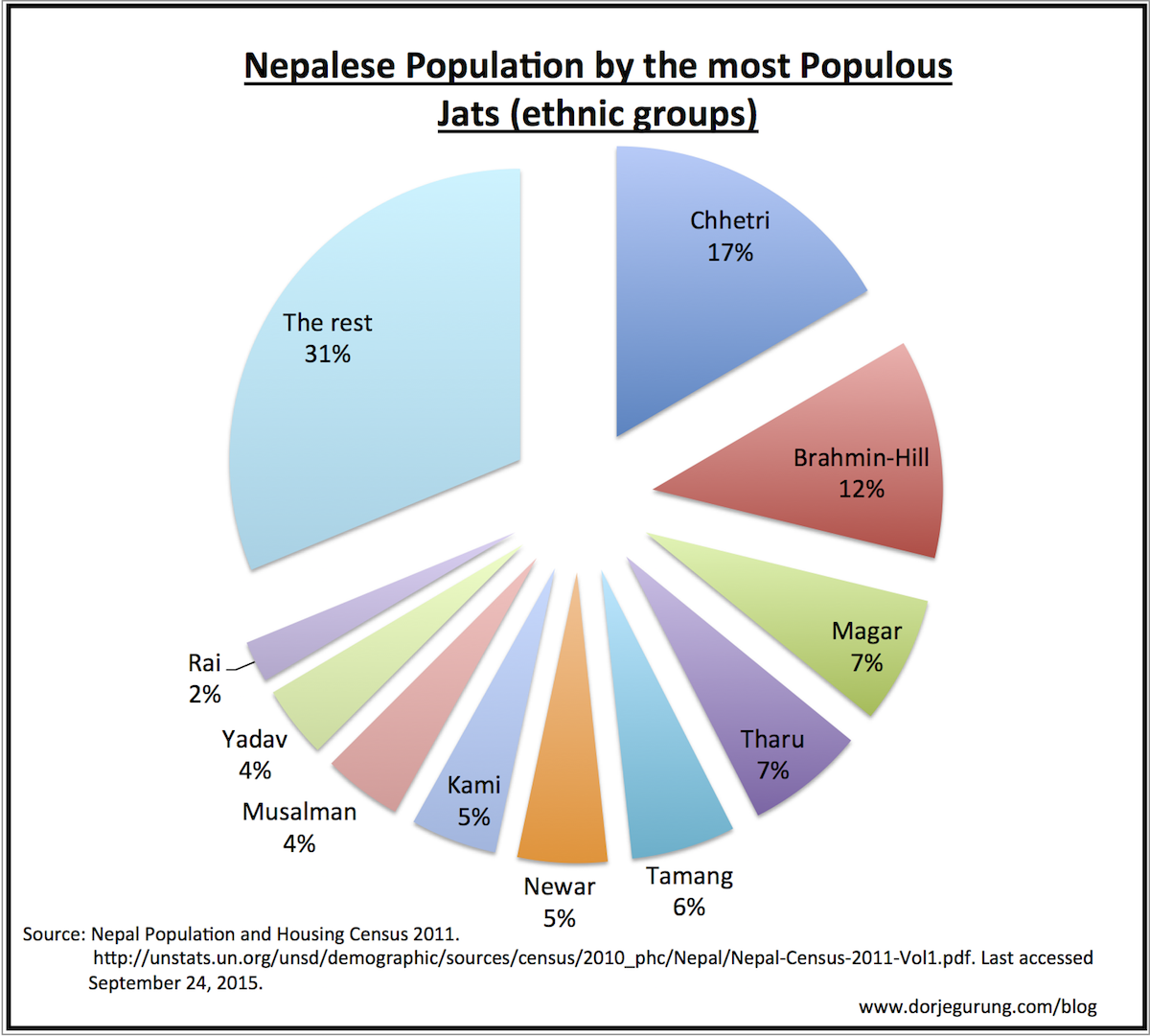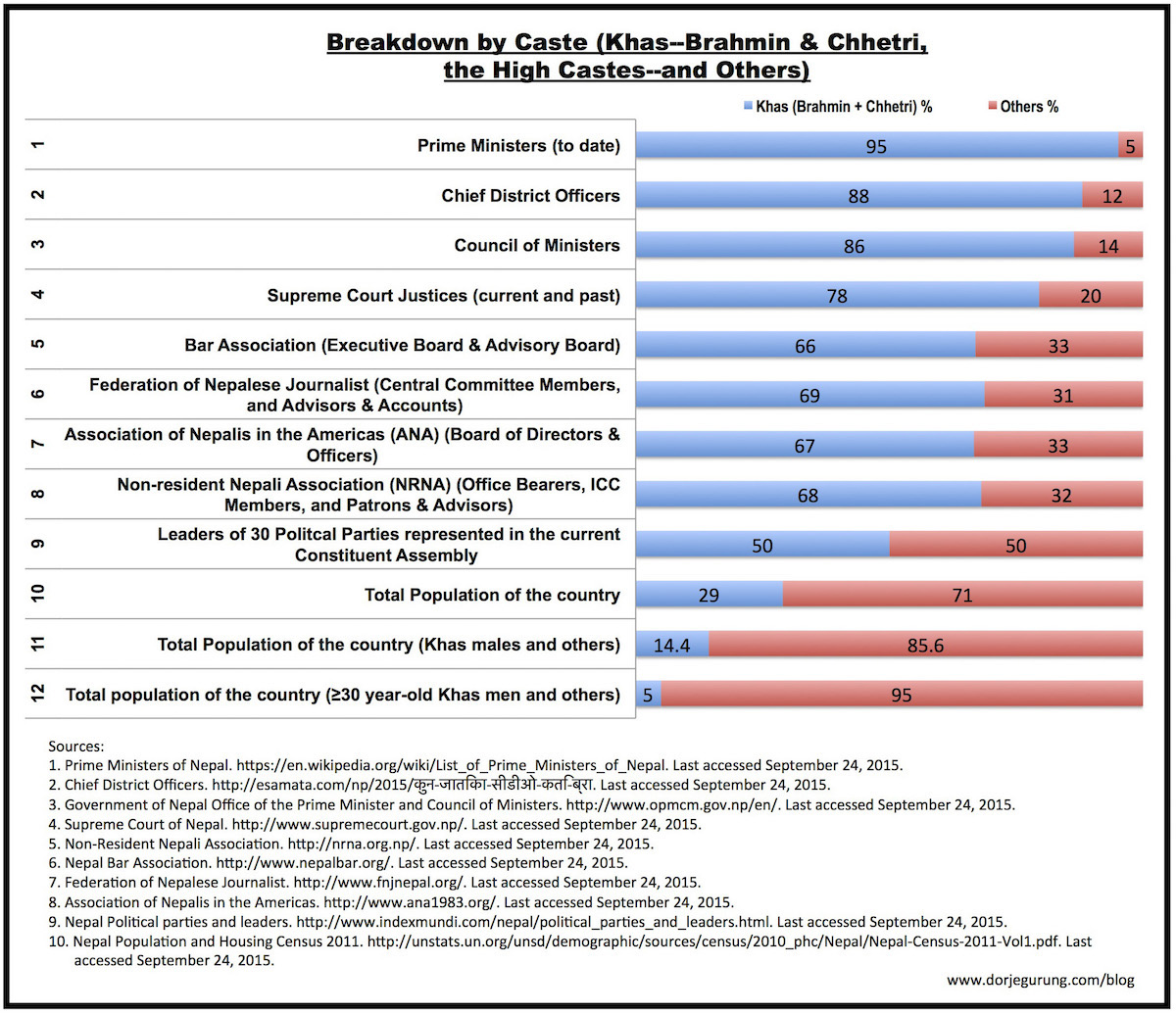My body was already sixty years old when I began to see with some clarity that I don’t exist as I’d always imagined. I’ll try to explain what I experienced.
What I noticed first is there had been at different times a different person in my body. I’ve given them Nordic patronymics. Leon Leonardsson came first.
Leon came to life in England during WW2 in an isolated farm-worker’s cottage with no utilities. He was the only child of Leonard and Florence Sidwell, a happy kid fascinated by farm machinery. Because his parents had no friends, Leon’s social skills were weak but he was highly intelligent. Florence made him study every day and he got the best results of all students in the exam that determined which school he would go to when he was eleven.
Leonard’s work since WW2 driving an excavator to maintain waterways paid very little but Florence found him a better paying job at this time selling insurance door to door. They were now able to buy a house with a tiny garden in the neighboring town. But Leonard hated his new job and that he now had so little room to grow vegetables. And Leon had nowhere to play and nobody to play with. As Leonard’s passivity evolved into depression, Leon fell prey to the same disease.
Leon’s new school, a bus-ride away in the county town, was an undistinguished private establishment founded in 1608 that had been recast as a State school ten years before Leon arrived. Life continued there almost as if the British Empire remained triumphant. Leon studied and remained top of his class but he was disoriented in this new world. Told after a couple of years to take the exam for a scholarship to Eton College, he passed but then read about life there and, horrified by the prospect of the even more foreign culture of the aristocracy, he failed the oral interview.
During that first year or two as Leon floundered in his new environment, a less passive new person, Sid Leonsson, began taking over. He told himself he was justifiably alienated from an antiquated culture, started building the personality of an intellectual and began reading philosophy. He labeled himself an existentialist.
The secondary school curriculum in England in those days channeled students into either the sciences or the arts but Sid insisted on continuing to study both Physics and English literature. Then, impatient with a curriculum that still felt too narrow, he drifted ever further from both subjects, roaming far afield into theories about the human condition.
He was delivered a great shock by “Three Faces of Eve”, a psychologist’s account of a patient whose body hosted three entirely different people vying for control. What if he was not the only one in his body? His current identity felt inauthentic. Maybe other personalities would spring forth, and none would be authentic? A friend whose psychologist father specialized in schizophrenia introduced him to much unsettling literature on this topic.
Sid was also deeply moved by Wilfred Owen and other WW1 poets who expressed the horror and insanity of war. His grandfather, Whalley Sidwell, had faced execution for treason by refusing to join that war and was jailed for two and a half years. Whalley’s five younger brothers also refused . One explained: “What if I kill a German boy then I meet his mother and she asks me why I did that?”
Whalley was a powerful presence. His son, Leonard, drove a van with a film projector all over England during the 1930s for the Peace Pledge Movement. Their idea was to make war impossible because everyone would have pledged not to participate. When WW2 broke out, Leonard did refuse to participate and he was jailed. On his release he was assigned to agricultural work. Sid did not yet notice that Whalley was occupying his body, too.
Further study felt useless to Sid by the time college was due to start and he decided he must get a job. Having no other idea how to get one, he went to the government office where jobs are posted and was given one picking apples. When all the apples were picked, someone told him jobs are also listed in newspapers and showed him one as an inventory clerk. A couple of years later someone told him the computer department would be better so he went there as a computer operator.
A year later, married and living in London, Sid for the first time searched for a job. He found one as a programmer at a Dickensian insurance company. A year or two later someone encouraged him to apply to IBM where for three years he for the first time worked alongside thinking people. He liked that but disliked the culture. Asked “What is the purpose of business?” he realized he didn’t know. The answer was: “To make a profit”. That can’t be right, he thought. It’s like saying the purpose of life is to breathe.
So, when Sid saw a small American company’s advertisement about opening for business in England, he joined them. A couple of weeks later they decided not to enter England but gave him a job in America. It was 1970, and that was when Martin Sidsson, the third person to do so, took the reins of what was by now a 26 year old body.
Sidsson made a determined effort to fit into the entrepreneurial technology startup and the local culture. It was not hard because everyone he worked with was smart and interesting. He also made a determined effort to take the initiative and he was soon assigned to manage development of a precursor to the Internet. Over the next few years he eagerly took on additional responsibilities and made a determined effort to manage according to his belief that the chief purposes of business are to delight customers and provide opportunity for employees.
He eventually remedied his utter ignorance of business operations, established a management consultancy and learned how to market and sell. That led him to study why businesses fail and how to set effective strategies. His last decade of work was in leadership positions in a long established global business followed by an Internet-based startup.
Sidsson’s career was not entirely a smooth progression, however. In the same way that Whalley and Leonard Sidwell had played an important role in Leonardsson’s life, Leonardsson resurfaced a few years into Sidsson’s. Sidsson always started out ignorant about new responsibilities he took on and he enjoyed the necessarily fast learning, but because his responsibilities grew rapidly, it was stressful. Also, everything took extra effort because of the depression he had inherited from Leon, Sid, Leonard and Whalley.
As Sidsson’s stress built up, Leonardsson saw an opportunity to regain control. Believing farming to be the only truly satisfying occupation and unhampered by understanding the unending work required or why small scale farming was no longer viable where Sidsson lived, he got Sidsson to establish a sheep farm.
Some years later, Sidsson recognized another presence in “himself”. His mother, Florence Sidwell, had believed there was no problem she could not fix and no challenge she could not overcome. Without her presence Sidsson could never even have attempted what he had achieved.
By the time he retired, Sidsson was aware not only of his immediate predecessors, Leon and Sid, who were still vying for control of his body, he also saw his parents, Leonard and Florence, taking action with his body. He no longer had a strong sense of self and was not surprised when a new person, Martin Martinsson, emerged and took control.
Martinsson went trekking in the Himalayas and experienced there a culture that attracted him greatly. People were cheerful, as if that was their policy, and they were respectful of each other. What was the cause? It seemed to be their Buddhist practice. A few years later, after many more long treks, much reading, and closer study of the reality, he realized the truth is much more complicated. The people he thought were Buddhist were mostly animist, Nepal’s traditions come to a great extent from its Hindu aristocracy, and it is a caste society with much domestic violence.
But by the time Martinsson saw that more complex picture, he was acting on what he had first sensed. He was practicing Tibetan Buddhism. He had received teachings from Anam Thubten whose book, “No Self, No Problem”, makes clear that we do not have an intrinsic self and whose magnetizing presence shows that one really can he happy in all circumstances and can always be spontaneously kind.
He then met a second teacher, Phakchok Rinpoche, who insists his students follow a disciplined program to reach the state Anam Thubten and others exemplify. We can’t think our way to that state, he insists, we must slowly, slowly retrain our mind by observing how it works, studying teachings, and reflecting. Now Martinsson had something to work at, which felt good because it exercised the discipline his first incarnation, Leonardsson, had inherited from his parents, Leonard and Florence.
“What is Buddhism?” Rinpoche asked. The answer: “Selflessness!” When you experience not having a self that is intrinsically separate from others, your behavior naturally is selfless. But gaining and sustaining that experience takes practice. Having “no self” is not how we ordinarily feel. Instead, we feel we are in a body that actually is separate from others.
Struggling to understand this, Martinsson returned to physics. The butterfly effect and more in James Gleick’s “Chaos” got him reflecting on the weather, which manifests in different ways in different places, calm, windy, hot, cold, clear, foggy, sunny, raining, snowing, and always changing. He came to see that what we call weather is the product of a giant energy field of swirling currents which constantly interact with and change each other, that have no fixed boundaries, and that are always different from moment to moment but which recur in broad form from season to season.
Martinsson recognized that just as weather manifests in the Earth’s environment, what we think of as selves manifest in the environment of bodies.
He continued deeper into quantum physics. Einstein recognized decades before even Leonardsson was born that matter and energy are different manifestations of the same thing. Sid had not felt that truth in High School physics classes but Martinsson now began to feel the reality that atoms are not solid things, and nor are solar systems. Studying Lee Smolin’s explanations of theoretical physics in “The Trouble with Physics”, he began to see that what we experience as things like the Earth, our own body, atoms and everything else do not in fact have fixed boundaries or any intrinsic nature.
Matter is congealed energy; energy is liberated matter. It only appears to us sentient beings that matter and space are different. The boundary between them is simply a product of our mind.
The configuration of energy that manifests as a human body is sentient, but with limitations. Every human body is uniquely configured — the high intelligence of Leon, Sid, and the Martins results from the configuration of the body they share, for example – and every body is constantly changing.
Martinsson began to see not just that everything is in flux, but everything is a manifestation of an energy field whose flows constantly interact producing results that propagate endlessly.
There is no real beginning or end of anything, only of appearances in our minds that manifest from flowing energy.
Catching up on quantum physics made the Tibetan Buddhist teachings real. Martinsson could now to a growing extent feel the two levels of reality, an underlying energy field and what manifests from that energy to our senses and concept generators as, for example, things and personalities. Leon Leonardsson, Sid Leonsson, Martin Sidsson and Martin Martinsson all exist on both levels, manifestations of an ever-changing energy field that has also manifested Leonard Sidwell, Florence Sidwell, Anam Thubten, Phakchok Rinpoche and so many more who we think of as “others”.
Well now, am I saying that Leonardsson, Leonsson and Sidsson were real people? Yes and no. The more I told you about them, the more real they would seem, but that’s also true of Martinsson. All of them manifested as real in a situation which made that possible. They were real in the same way as a rainbow when sunlight is separated by raindrops into colors that we usually perceive as one. We think of a person as having an intrinsic nature in the same way we think of a rainbow as a thing.
Is a rainbow made of matter? Is it energy in the form of light? We don’t ordinarily ask such questions. We do speculate about people and their nature, but with the wrong perspective. We think of behaviors that manifest as a person as something with an intrinsic nature although those behaviors are in fact manifestations of an ever changing interaction of energy flows with no fixed boundaries and which, although ever changing, never end.
What does all this imply? The body labelled Martin Sidwell was conceived at a specific time, was born at a specific later one, and will die at a specific future moment, but the sentient being who manifests in that body had no fixed beginning, it has no fixed nature, and it will have no definite end.
Our every act takes place within and is part of an unimaginably complex energy field. Our every act changes that flowing energy, just as the tiny force of the butterfly’s flapping wing interacts with the results of other acts and eventually manifests a tornado.
Buddhists refer to how the system operates as karma. To a great extent our actions are shaped by our concepts and emotional habits. We rarely respond directly to what we see because what appears in our mind is something that fits an existing pattern there. We see what we expect to see. We don’t experience each new moment as unique. We don’t experience it as it really is. Karma means we keep reacting as we always do until we shed our fixed ideas and emotional habits.
So everything we do matters, and everything we do out of habit instead of what is actually present is flawed.
Pattern recognition and autopilot enable us to navigate what appears — we must, after all, stop automatically for red lights. Feeling the energy behind what appears — that results in compassion and brings happiness.

